Navigating the financial landscape of homeownership can be challenging, especially when deciding between a loan modification and a mortgage refinance. Both options have their benefits and drawbacks, and understanding them can help you make an informed decision. This blog post will break down the differences, benefits, and possible drawbacks of each option to guide you in choosing the best path for your financial situation.
What is Loan Modification?
A loan modification is a change made to the terms of your existing mortgage by your lender. Unlike refinancing, which involves taking out a new loan to replace your current one, a loan modification alters the original loan agreement. Common modifications include extending the term of the loan, reducing the interest rate, or changing the loan type.
Benefits of Loan Modification
- Lower Monthly Payments: By extending the term of the loan or reducing the interest rate, your monthly payments can become more manageable.
- Avoiding Foreclosure: For homeowners facing financial hardships, a loan modification can provide relief and avoid the risk of foreclosure.
- Retain Homeownership: Modifying your loan terms allows you to stay in your home and keep your investment.
Drawbacks of Loan Modification
- Credit Impact: The process can negatively impact your credit score, especially if you miss payments during the negotiation period.
- Not Guaranteed: Lenders are not required to approve loan modifications, leaving you uncertain about the outcome.
- Potential Long-term Costs: Extending the loan term might result in paying more interest over the life of the loan.
What is Mortgage Refinance?
Mortgage refinance involves paying off your existing mortgage with a new one, typically with better terms. This can be a fixed-rate mortgage replacing an adjustable-rate mortgage or securing a lower interest rate to reduce monthly payments.
Benefits of Mortgage Refinance
- Lower Interest Rates: Refinancing can help secure a lower interest rate, potentially saving you thousands of dollars over the life of the loan.
- Shorter Loan Term: If financially feasible, refinancing to a shorter term can help pay off your mortgage faster.
- Cash-Out Options: Refinancing can allow you to tap into your home equity, providing funds for renovations, debt consolidation, or other needs.
Drawbacks of Mortgage Refinance
- Closing Costs: Refinancing comes with closing costs, which can be substantial. It’s important to evaluate if the long-term savings outweigh the upfront costs.
- Credit Requirements: To qualify for a refinance, you typically need a good credit score and sufficient income, which may not be accessible for everyone.
- Home Appraisal: A new home appraisal is usually required, and if your home’s value has decreased, it could affect your ability to refinance.
Which Option is Best for You?
- Loan Modification might be more suitable if you’re facing temporary financial hardship and need immediate relief to avoid foreclosure. It’s often a viable option if you don’t have the credit score or equity needed for refinancing.
- Mortgage Refinance could be the better choice if you have a stable financial situation, a good credit score, and are looking for long-term savings on interest. Refinancing is ideal if you want to take advantage of lower interest rates or change the terms of your mortgage.
Conclusion
Both loan modification and mortgage refinance offer ways to make your mortgage more manageable, but they serve different purposes and come with varying trade-offs. Understanding their differences can help you choose the best option for your financial goals and circumstances.
Now more than ever is a great time to speak with us 1-on-1. Book a 15 minute discovery call to discuss why now is a great time. We look forward to helping you!





